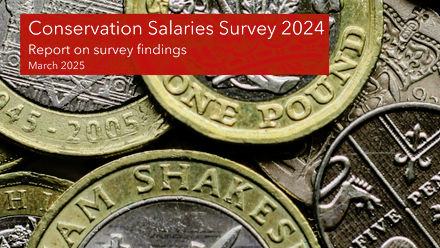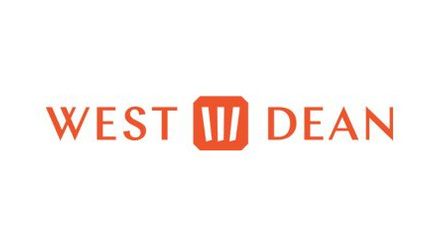Icon welcomes the publication of data sharing policy template
Icon welcomes the publication of data sharing policy template produced by the Linked Conservation Data Project, in consultation with Icon as well as International Institute for Conservation (IIC) and the American Institute for Conservation (AIC). The Data Policy Primer and Template are useful for developing strategies and policies surrounding all types of data generated and used in the Conservation profession.
The template is practical and flexible, enabling organisations to adapt it to suit their needs, and includes a primer to help with this. Icon encourages its members and the wider conservation profession in the UK to consider using the policy template when planning to share data with internal or external collaborators, or publishing open access Datasets. The policy template is a timely contribution to supporting high quality scholarship in our field and its production is an excellent example of collaboration between academics and professional bodies. Icon is pleased to have played a role in the delivery of this project.
The Data Policy Primer and Template have been developed in the context of the Linked Conservation Data project, but it is not limited to data used in Linked Data applications. More information about the Linked Conservation Data Project can be found on the project website.
The policy was developed in conjunction with staff in all three organizations as well as through feedback received during and from workshops with members of different groups.
The Data Policy Primer and Template has been published on the Linked Conservation Data project website here.
Several principles guided the development of the document:
- Data is shared as openly as possible observing copyright rules, cultural ownership and excluding sensitive data.
- Data is shared after a period specified by the data owner to allow for any publications by the data producer to take place first.
- An attribution to the data producer is included with the shared data.
- Data is shared in an open format, i.e. a file format whose specification is freely available, allowing the use of license-free software.
- Vocabularies used to produce the data are shared with the data.
Included with the policy primer are FAQs explaining key concepts and terms used throughout the primer, a summary of challenges and opportunities, and the template itself. The template can be modified at several key points to reflect and harmonize with other policies of the adopting institutions and participants.
Examples of ways this will be of use for conservators include:
- A conservation department plans the long-term deposit of treatment documentation to an online repository.
- A conservation department applies for funding to assess and treat a collection. As part of the funding application they are requested to provide a plan for publishing data.
In both cases, the template can be used to specify the kind of records that will be shared and the permissions for further use.
We welcome feedback from colleagues and organisations planning to share conservation records and develop a policy based on the template. We also encourage further discussions with professional bodies and groups on improving the template and developing it further.







